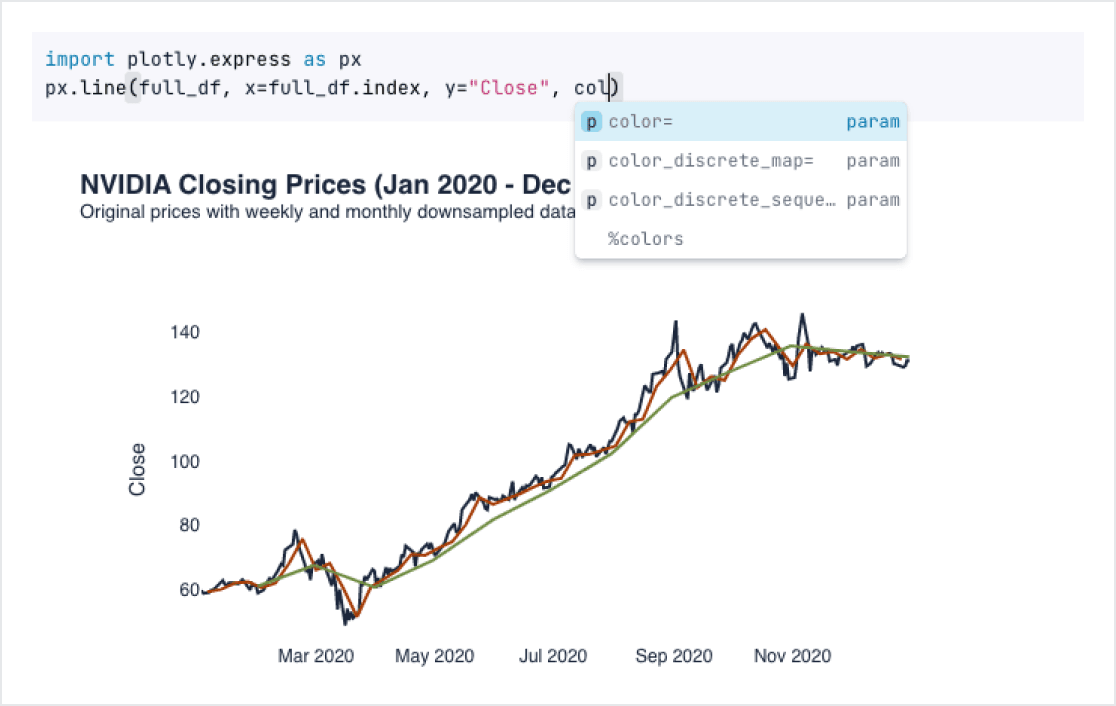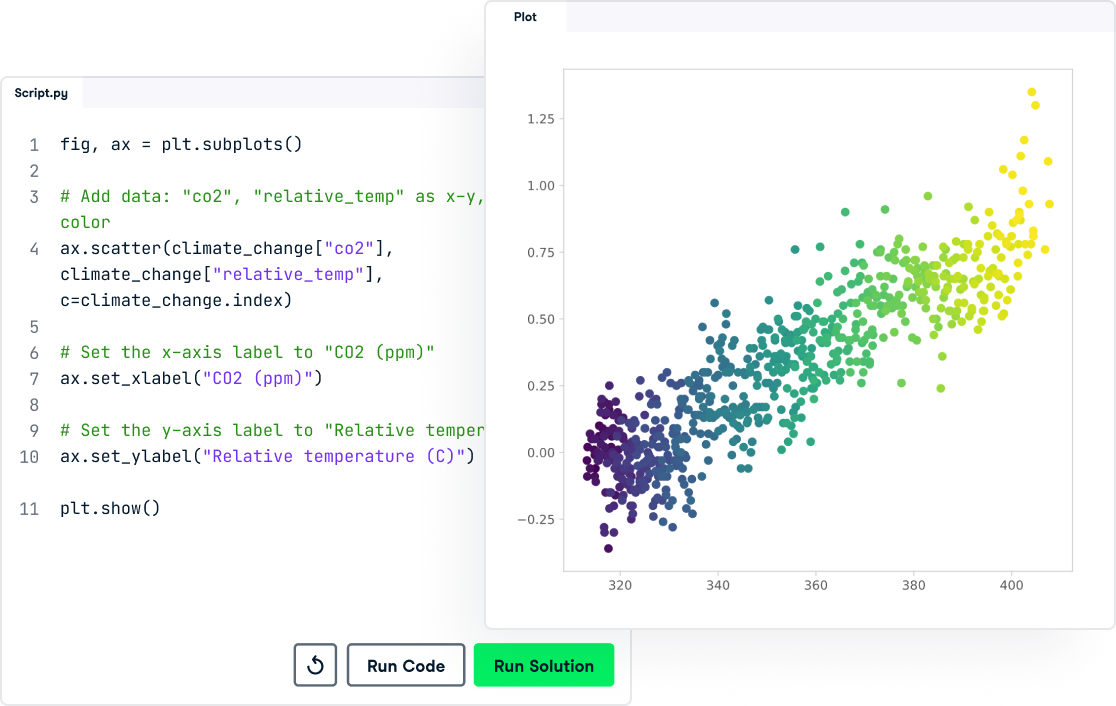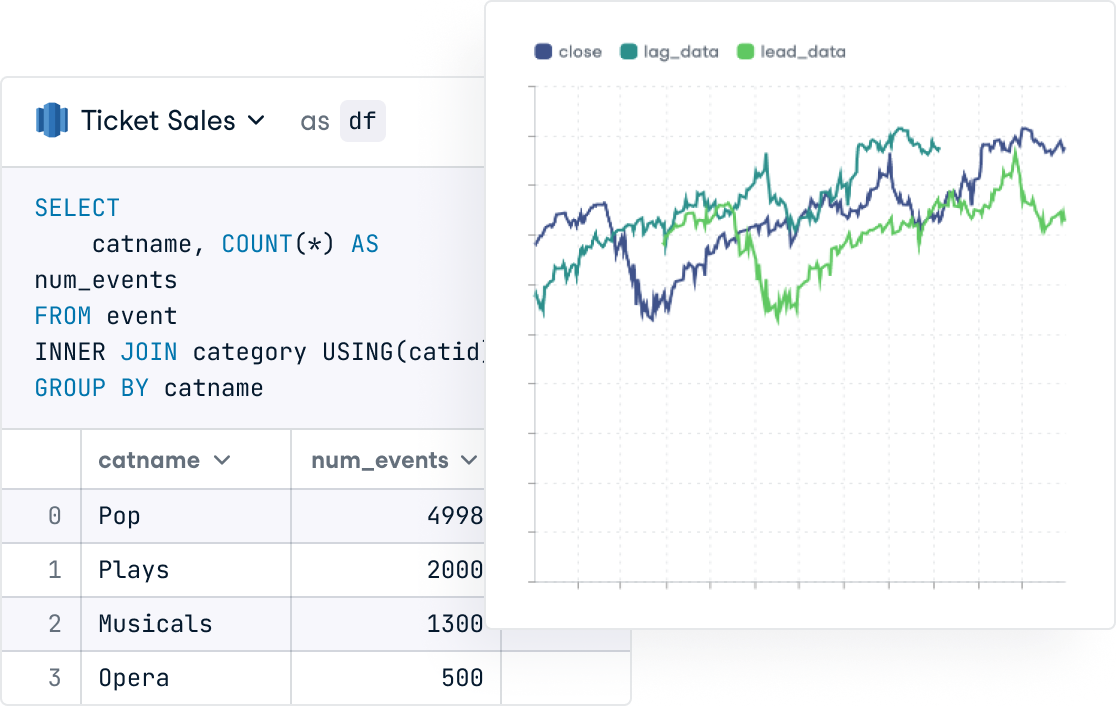Competition
Understanding the local electricity market
You work for an energy company in Australia. Your company builds solar panel arrays and then sells the energy they produce to industrial customers. The company wants to expand to the city of Melbourne in the state of Victoria. Prices and demand for electricity change every day. Create a report that covers the following:
- How do energy prices change throughout the year?
- Build a forecast of daily energy prices the company can use as the basis of its financial planning.
- Provide guidance on how much revenue the energy storage venture could generate per year using retail prices and a 70MWh storage system.
Créez votre compte gratuit
ou
En continuant, vous acceptez nos Conditions d'utilisation, notre Politique de confidentialité et le fait que vos données sont stockées aux États-Unis.Top Power Players
Saluting the Masters of the DataCamp Electricity Competition.
Melbourne's market and energy storage: are they worthwhile investments?
Chloe has identified a potential solution for storage capacity system that can store the excess energy produced by solar panels during low pricing conditions and sell it when prices are higher. Through Chloe's calculations, a 70MWh storage system could generate a daily revenue of approximately 100,000 AUD over 12 months, with a marginal increase of 105,000 AUD over 18 months.

Future price levels for electricity in Melbourne and battery storage to buy low, sell high
Oskari's analysis shows that a solar array investment in Melbourne is a smart move, with an impressive ROI that could potentially pay for itself in just 10 years. They also explored using battery storage to sell energy at a higher price later. By filling up batteries when the predicted price for tomorrow is higher than today and ignoring costs due to battery cycling, Oskari calculated that a 70 MWh battery would cost around 12 - 34 million AUD based on the cost per unit capacity for lithium-ion batteries.

What's Up with Victorian Electricity Prices?
Nikki S conducted a detailed analysis on the potential revenue of a 70MWh battery storage system, which involved storing electricity when prices were low and selling it when prices were high - a strategy known as energy arbitrage. The analysis made several stringent assumptions and found that the upper bound of the revenue potential could be around 302,000 AUD per annum.

Live Competitions
Don't wine about missing out, check all upcoming competitions to uncork the fun!